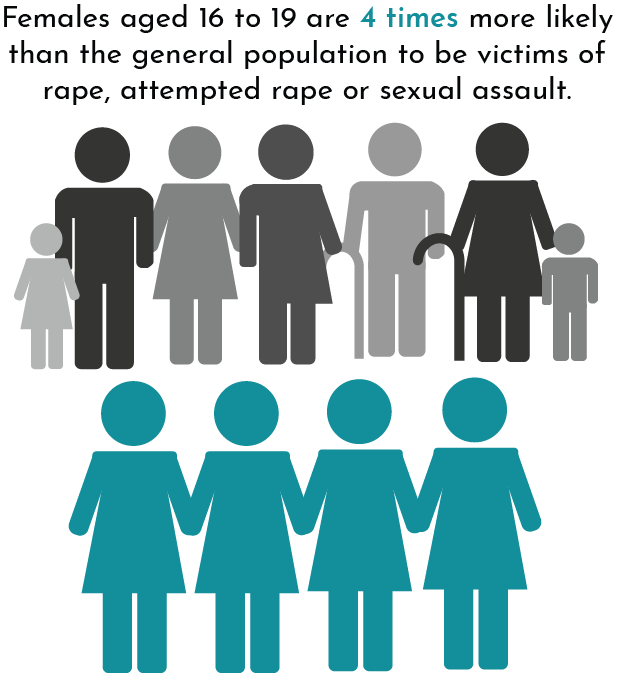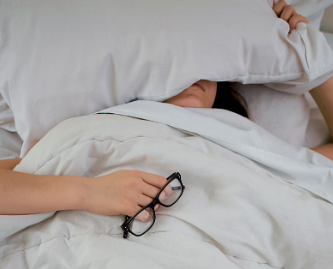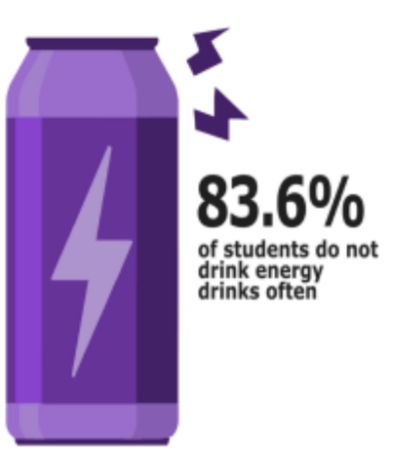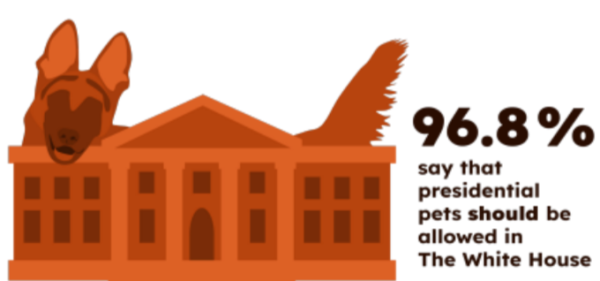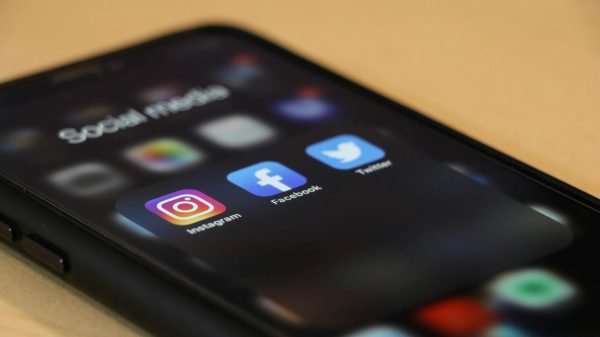Teenage objectification normalizes sexual harassment
According to The Rape, Abuse and Incest National Network, females aged 16 to 19 are 4 times more likely than the general population to be victims of rape, attempted rape or sexual assault.
May 8, 2020
I was twelve years old when I heard my first whistle. The summer before seventh grade, I was growing into a teenage body but still unaware of what could be taken away from me. When I heard that whistle from a strange older boy, followed by a “compliment” regarding the alleged fullness of my derriere, I was jerked into the reality of womanhood faster than the first time I got my period.
Throughout my thirteenth and fourteenth years, I was repeatedly paralyzed by comments called to me from pickup trucks. Yet I swallowed all of the pain like sharp rocks, never speaking of it. I felt a twisted sense of pride, knowing I was an object some desired, but underneath the thin layer of confidence lay a pool of disgust for myself and my body.
Youth, especially the feminine kind, is culturally fetishized. Women face objectification and sexualization when they are no more than girls, according to stopstreetharassment.org and every girl I know has a story like mine. The Rape, Abuse and Incest National Network also found that females aged 16 to 19 are 4 times more likely than the general population to be victims of rape, attempted rape or sexual assault.
These experiences can alter the self-esteem, self-confidence, and overall self-image in girls as they grow into young women. Columnist Shannon Palus at Quartz recounted similar experiences to my own and reflected on how growing up as the subject of male attention isolated her from the ownership of her body.
“As the #MeToo movement broadens its scope, our culture is finally beginning to talk about how the ways in which women are sexualized—often from an early age—have a lasting impact on their sense of self-worth,” she said.
An estimated 83% of teenage girls have faced sexual harassment on the street, according to a study done by researchers at the University of Benin in Nigeria. The harassment, however, is not met with much surprise.
“The findings indicate that sexual harassment is common out there in the streets, to the extent that it was viewed as the norm in the society by the youths,” the study explained.
My sister turned fifteen in early April and I can now look back on my experiences with anger rather than fear or shame. At fifteen, I was too naive to know safety from danger; how will my sister know to recognize the difference? Why is harassment a part of growing up? Why do these men face little to no repercussions for the discomfort they cause?
While a culture is not easily reversed, the reparation of a broken system begins with awareness. Recognizing a problem, rather than bleakly accepting it, has the potential to begin a new pattern. Because of the #MeToo movement, Harvey Weinstein will die in jail. New awareness of the dangers of the male gaze from a young age may have the power to finally hold neighbourhood predators accountable.



